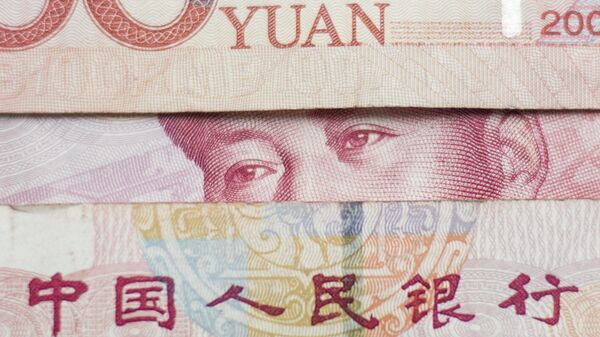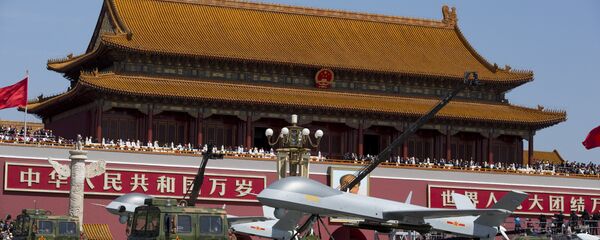One of the options in consideration is turning to new markets, especially China, with lower risks and higher capacities.
A rise in Japanese companies’ optimism towards China was seen for the first time since 2001 when Beijing-Tokyo relations reached their lowest point over a territorial dispute.
According to The South China Morning Post, the reason is a thaw in Chinese-Japanese ties as well as the ongoing transformation of the business climate in China.
According to Ekaterina Arapova, an expert at the Moscow State Institute of International Relations (MGIMO), the actions of Japanese businesses are logical.
"Currently, their priority goal is to find a market with a high capacity and high consuming potential. While previously their hopes related to the TTP, after the withdrawal of the US from the project they're looking for alternatives. In this context, China seems to be the perfect candidate. Japanese companies are expected to seriously increase their presence there," Arapova said in an interview with Sputnik China.
The expert also pointed to a number of other reasons, including China’s expanding economic role in the Asia-Pacific region.
"Currently, the Japanese economy has a smaller potential for growth than the economies of East and Southeast Asian developing countries. Japan is no longer the technological region in the region, and this role is being taken over by China. Moreover, China is the leader in investments. As a result, Japanese companies see the Chinese market as a chance to strengthen their positions," Arapova said.
"It’s winter in politics but it’s summer in economics. This is how the current China-Japan relations can be described. Beijing and Tokyo have intense trade and economic ties. China and Japan have their own advantages, and they can be pushed further thanks to economic ties, especially in energy and trade contacts," Liu told Sputnik China.
The expert also noted that the Chinese market has an enormous potential and no country, including China, cannot ignore that.
"China is the largest trade partner for 130 countries in the world. China’s market has a colossal consumption capacity. Moreover, China is implementing the One Belt One Road project. Many countries around the world want to cooperate with China. As for Japan, ties between the two countries cannot be disrupted by political differences," he said.
Liu also suggested that an increase in Japanese companies’ presence in the Chinese market would be positive for regional integration tendencies.
"Possibly, this may help revive the negotiations on a free-trade zone between China, Japan and South Korea. Japan is interested in regional economic integration. At the same time, the Japanese economy continues to remain close for liberalization in some points. This is why, it is hard to predict how fast those negotiations could develop," the expert concluded.





